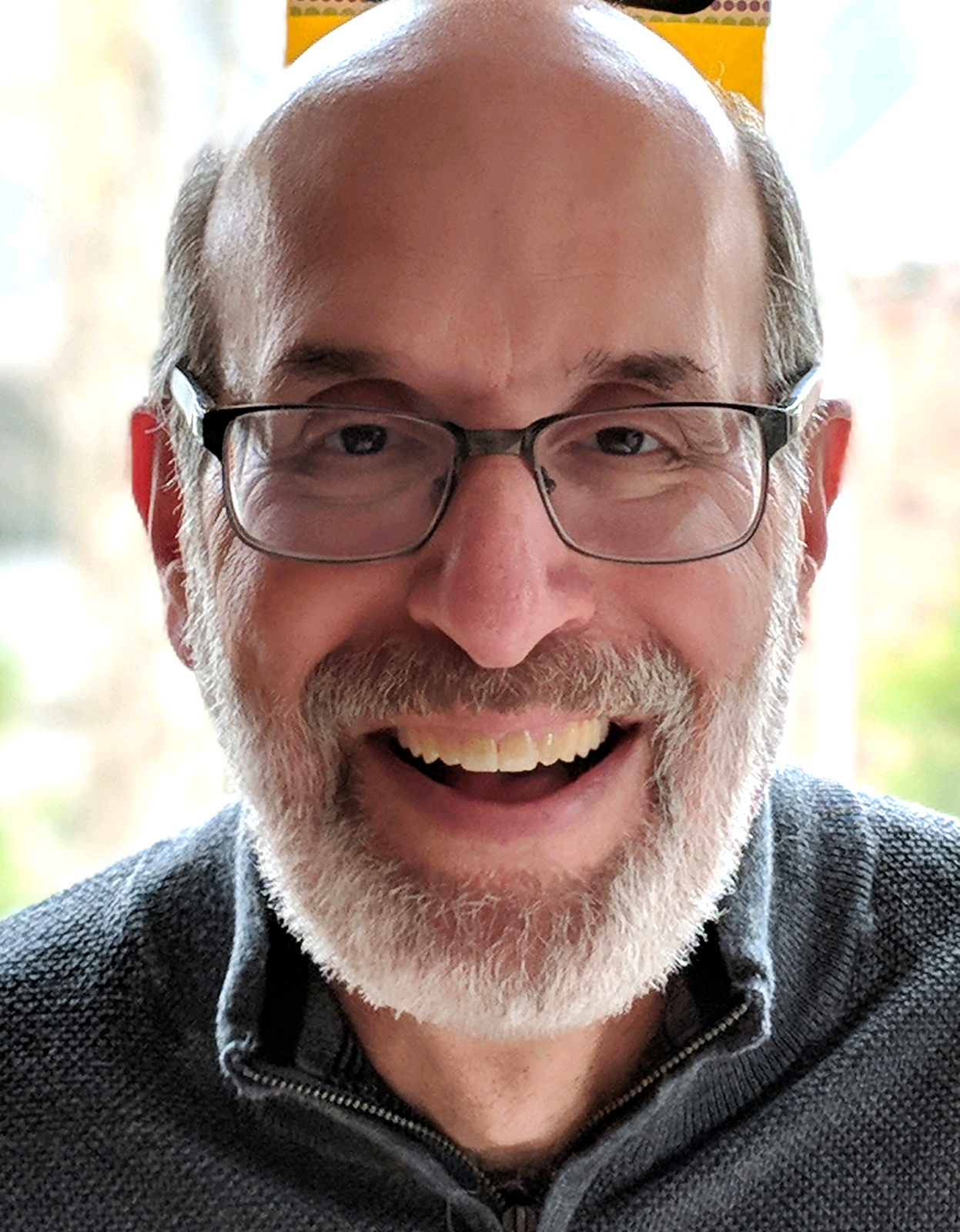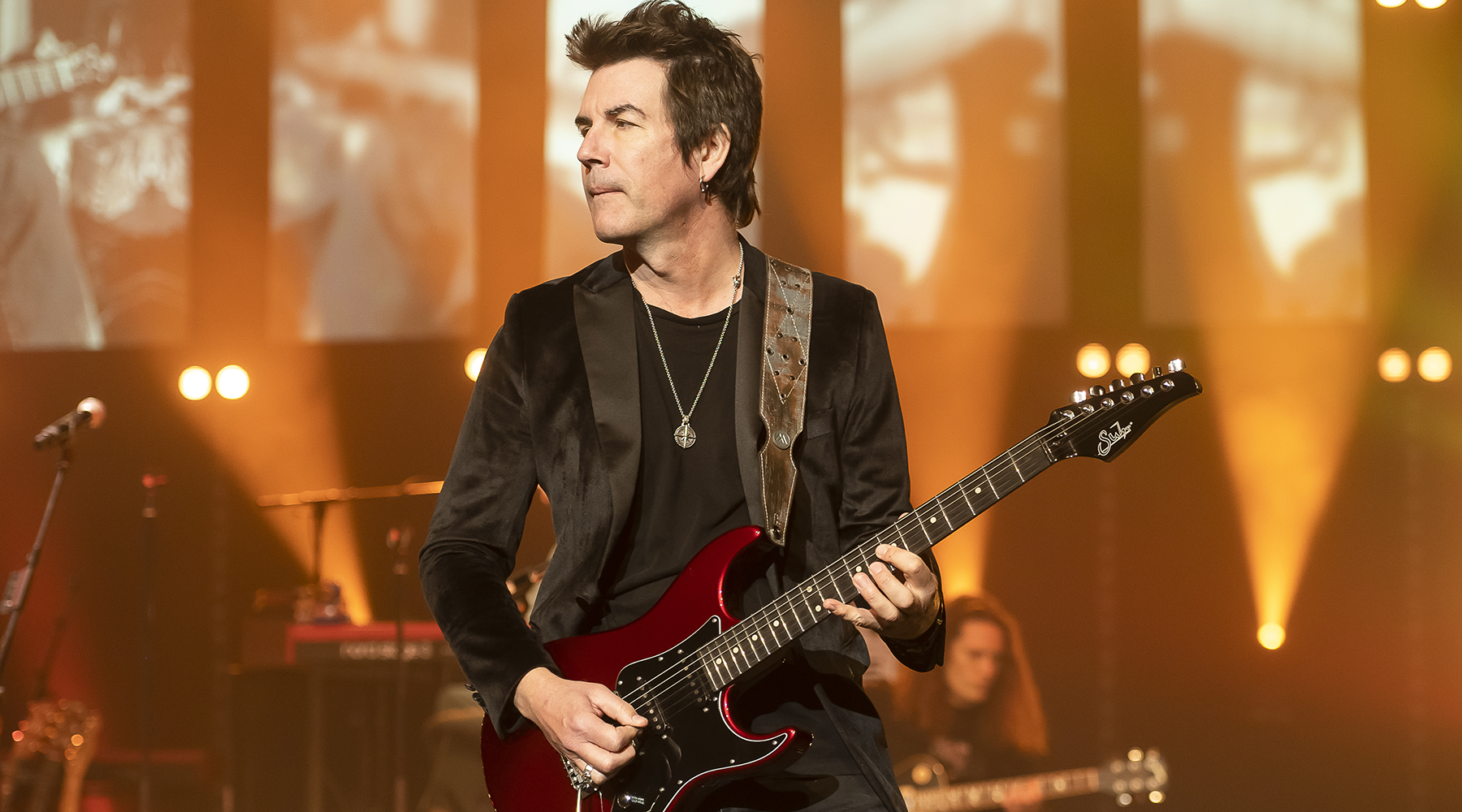“It started with the lick — just fooling around on the guitar. And I thought, ‘That could turn into a song!’” He kickstarted 1970s power-pop with a Gibson SG, a rented acoustic and a gem of a song that remains a classic
Todd Rundgren’s “Couldn’t I Just Tell You” helped revive 1960s-style power-pop in the era when hard-rock and heavy-metal ruled the airwaves
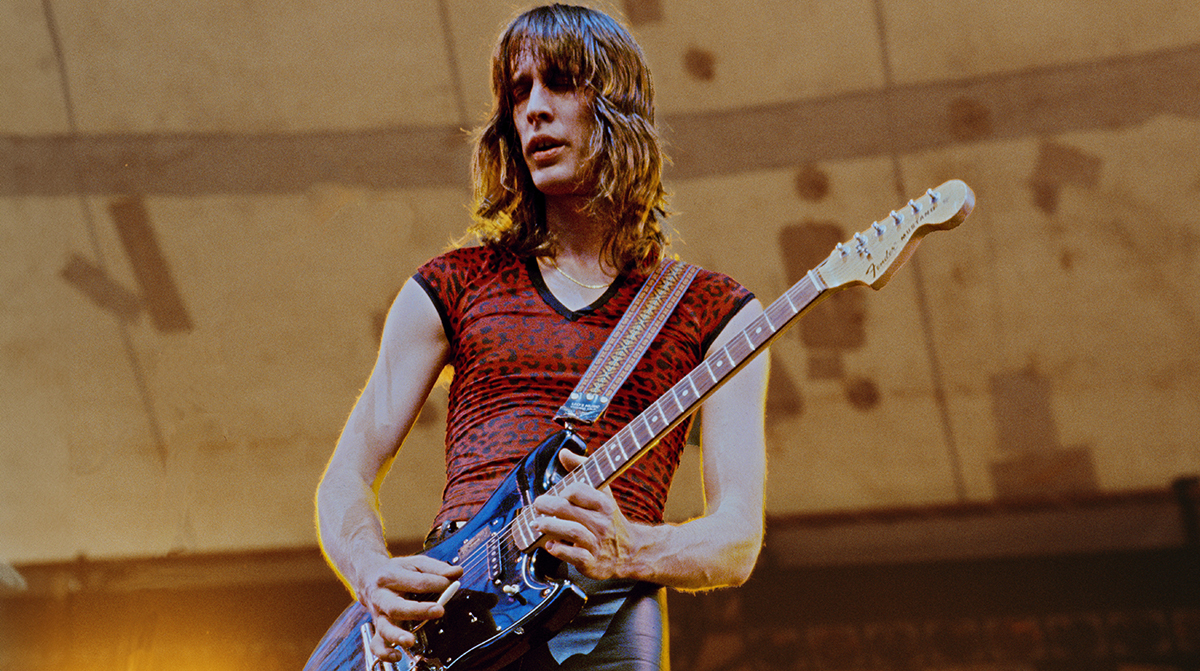
With the third song on the third side of his landmark third solo album, 1972’s Something/Anything?, Todd Rundgren planted a tentpole for power pop.
Sure, 333 isn't as dramatic as 666, but the song in question, “Couldn’t I Just Tell You,” was nothing less than a rock and roll classic. The double-LP’s second single (it peaked at number 93 on the Billboard Hot 100), the track was performed entirely by Rundgren, as were all the cuts on the record's first three sides. The song kicks off with a false start of drums and studio chatter before a chiming, Byrds-like guitar figure is joined by a bass and builds into an urgent, energetic and highly compressed gallop, filled with actual bridges, double-tracked lead vocals, buoyant choruses, a stinging guitar solo and a guitar break after the third verse.
It’s a fun ride, for sure, and the way it clatters to an end dovetails perfectly with the way it began, while it adds to the DIY charm of the entire album.
"Couldn't I Just Tell You" is certainly not the first power-pop song, but it helped kickstart the genre for a new generation. As Rundgren tells Guitar Player, the tune was inspired by others of the ilk that came before it, particularly by acts across the pond. That said, “Couldn’t I Just Tell You” has been held up, along with the Raspberries’ “Go All the Way,” as the genre’s rebirth, paving the way for acts like Cheap Trick, the Knack, the Romantics, the Cars and the many others that followed.
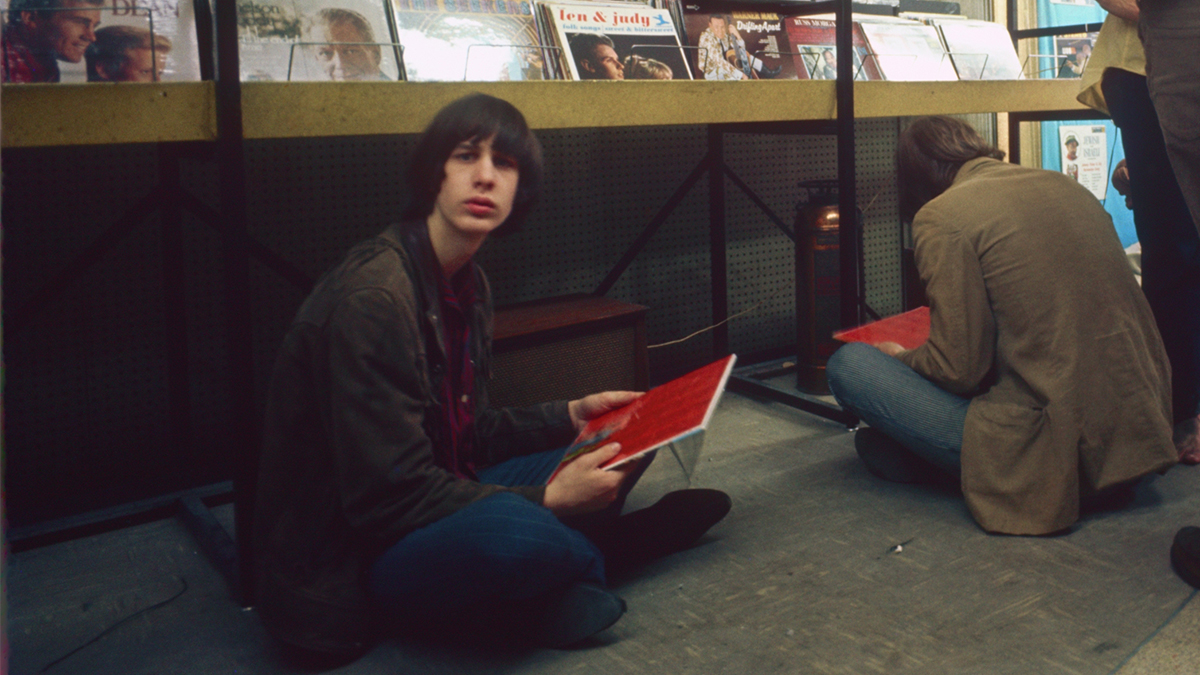
That’s a big footprint for a three-and-a-half minute song that’s as engaging now as it was 52 years ago. And who better than Rundgren to just tell us about how it came to be.
“It may have some sort of thread back to, like, the Byrds or something like that,” he says. “It’s almost folky in a way. I played with a combination of acoustic and electric guitars, so it isn’t a full-on electric pop song — although when I play it I’m not strapping on an acoustic guitar most of the time. It was really a song like maybe the Small Faces might have done, or the Move — one of those English power-pop bands. that was the basis of it.”
Following his three-year stint as guitarist for the Nazz, Rundgren went solo in 1970 and began to write much of his material on piano. “Couldn’t I Just Tell You,” with its wall of guitars, was clearly an exception.
“It was quite a long time ago, so I couldn’t tell you exactly what was in my mind,” he says, “but it started with the lick — just fooling around on the guitar a little bit. And I thought, ‘That could turn into a song!’
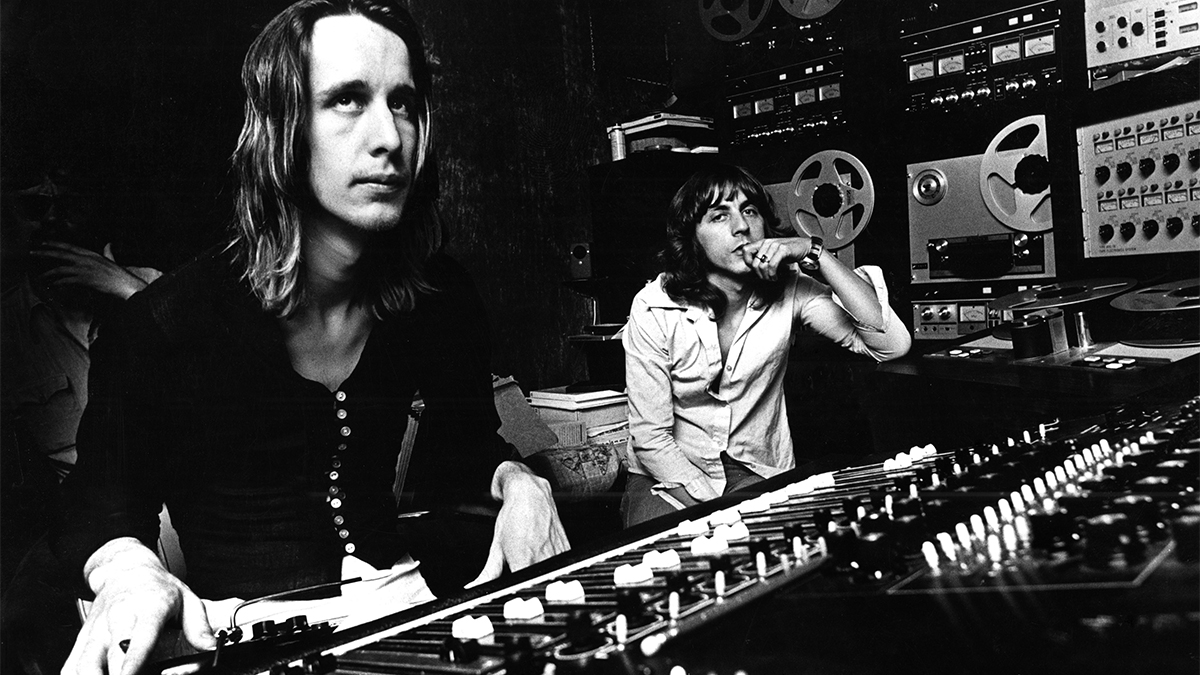
“There’s a big difference between writing on the guitar and writing on the piano,” he explains. “With the guitar you sort of take advantage of the limitations of it, the open strings and things like that, the places where you don’t have to put your fingers. On the piano, if you don’t put your finger down it doesn’t make a note, but on the guitar you can make notes without touching anything.
“So you have to take advantage of that sometimes when you’re writing. With ‘Couldn’t I Just Tell You,’ there’s a lot of open strings, especially on the opening lick, and that makes it sound more folky in a way."
While the song features a wall of guitars, Rundgren recalls that he only used two.
“It was really just one electric guitar and one acoustic guitar, pretty much playing the same thing, except for the solo. The solo’s a different sound.” Those guitars, to the best of his recollection, include a red Gibson Les Paul SG Custom. Although Rundgren famously owned Eric Clapton’s psychedelic-finished “The Fool” Gibson SG in the 1970s, that’s not the guitar used here. “I didn’t have the Fool guitar yet,” he confirms, “but I did have an SG, a similar model — the Mary Ford model, I call it, the kind with the red double cutaway.” (Ford was known for playing a 1961 Les Paul SG Custom, albeit with a white finish.) “That was probably the electric guitar.”
As for the acoustic guitar? “I’m not sure I even owned an acoustic guitar, so I likely rented one,” he says. “It might have been a 12-string as well, which I definitely would’ve had to rent at that time, ’cause I very rarely played one.”
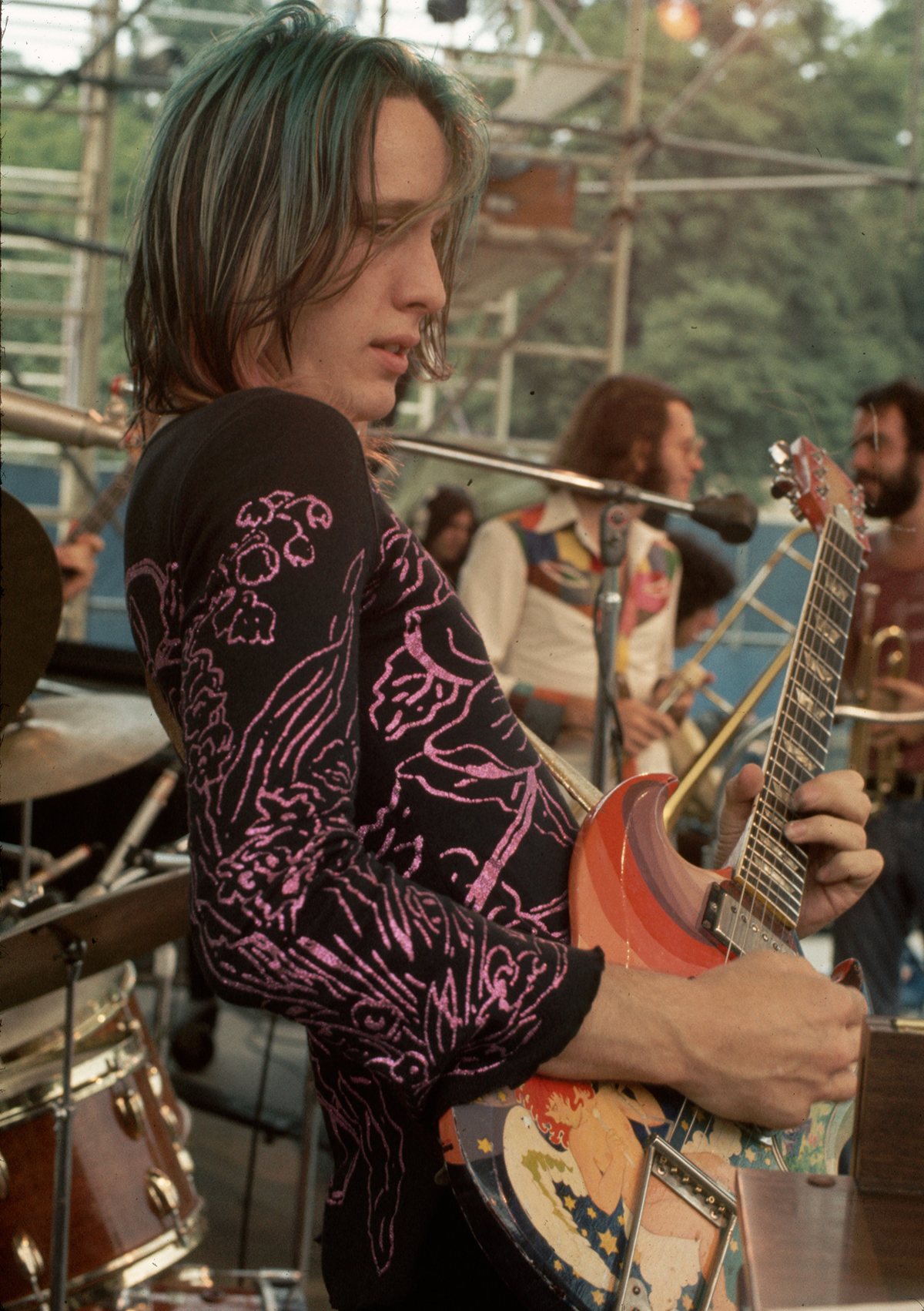
Like most of Rundgren’s solo recordings on Something/Anything?, “Couldn’t I Just Tell You” was cut at I.D. Sound in Los Angeles. It was a small studio, and conducive to his habit at the time of cutting everything on his own.
“It was the same studio the Nazz did their two records in, so I just had a warm spot for the place,” he says. “It’s one of the few studios where you could just block-book it. It wasn’t expensive, ‘cause it was so small and the equipment was fairly basic. It had a tiny drum booth, and since I was playing the drums I probably put the guitars in the drum booth when I recorded them, so that’s why it sounds so tight. Unless I put some ambience on it, it had a pretty tight sound, ’cause the studio was very small. Everything was close-miked for that reason as well.”
Rundgren still performs “Couldn’t I Just Tell You” in concert on occasion, “in particular if I’m going to a territory that I’ve rarely been, or I haven’t been in a while. I probably played it on the last tour of Australia or the tour before that, just ’cause I hadn’t done many shows of my own with a band there. And I believe that we may have played it when we did the Utopia reunion [in 2018] because we had this whole tradition of doing the Radio City Rockettes kick at the end of the song — which is really hard nowadays.
“So it still gets played once in awhile, but in my mind it’s of an era. Nowadays everyone writes two-note melodies. It’s not the golden age of songwriting anymore, but that’s definitely where ‘Couldn’t I Just Tell You’ comes from.”
Rundgren will be logging plenty of time on the road this year. He’s headed Down Under again for a couple of shows in March before coming back to be part of the all-star What the World Needs Now: The Burt Bacharach Songbook Live in Concert tour starting March 22 in Ventura, California. After that, Rundgren plans to resume his deep-digging Me/We Tour, a venture that focuses on less well-known songs from his catalog and eschews most of the hits.
“I don’t pander to my audience; that’s got to be pretty obvious by now,“ Rundgren says with a chuckle. “In the end I’m gonna play what I feel like playing.”
He hopes to work on new songs and a possible follow-up to 2022’s Space Force during breaks from the road. But much of his attention is also being devoted to GlobalNation, a follow-up to Rundgren’s PatroNet, a Creators Community that provides opportunities and resources for artists.
“When Covid hit I thought maybe the world still needs something besides Facebook and Spotify, so I’ve relaunched PatroNet under a new name,” Rundgren says. “We’re still technically in beta, but it’s out there and moving into another phase, so you can check it out.”
Get The Pick Newsletter
All the latest guitar news, interviews, lessons, reviews, deals and more, direct to your inbox!
Gary Graff is an award-winning Detroit-based music journalist and author who writes for a variety of print, online and broadcast outlets. He has written and collaborated on books about Alice Cooper, Neil Young, Bob Seger, Bruce Springsteen and Rock 'n' Roll Myths. He's also the founding editor of the award-winning MusicHound Essential Album Guide series and of the new 501 Essential Albums series. Graff is also a co-founder and co-producer of the annual Detroit Music Awards.
"It’s as if all of Jeff Beck’s genius is right here on one album. There’s a taste of everything.” Joe Perry riffs on Beck, the Yardbirds and "The 10 Records That Changed My Life"
"Shredding is like talking a foreign language at 10 times the speed of sound. You can't remember anything." Don Felder reveals the unlikely influence behind his iconic guitar solo for the Eagles' “One of These Nights”

